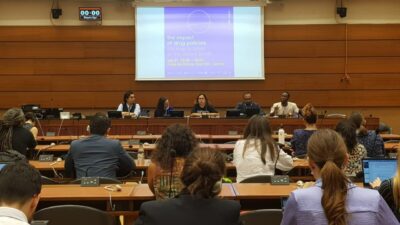
The impact of drug policies: time to listen to the Global South
CELS joined organizations from Asia, Africa and Latin America to contribute our regional perspectives to the 54th session of the Human Rights Council.


CELS joined organizations from Asia, Africa and Latin America to contribute our regional perspectives to the 54th session of the Human Rights Council.
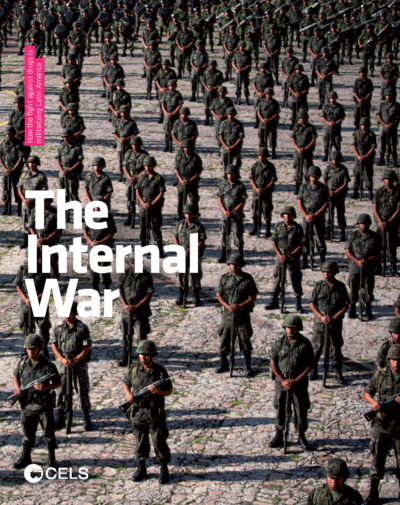
How and why is the region militarizing? What is the role of the United States? What is changing in the way police and military forces are trained and equipped? This publication contributes specific data to analyze the extent to which the doctrine of “new threats” affects security policies and has negative consequences for human rights.
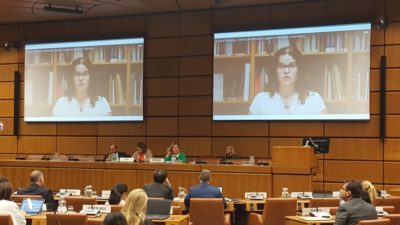
At an intersessional meeting of the Commision on Narcotic Drugs (CND) of the United Nations, CELS made a presentation addressing the “fight” against drug trafficking, militarization of public security and its harmful effects on human rights. The discussions at the CND will culminate in March with a review of the global drug strategy over the last decade.

A federal court ruled for pre-trial detention in the case of a young Bolivian who was buying coca leaves for a festival. He has been held in a maximum-security federal prison for a month.
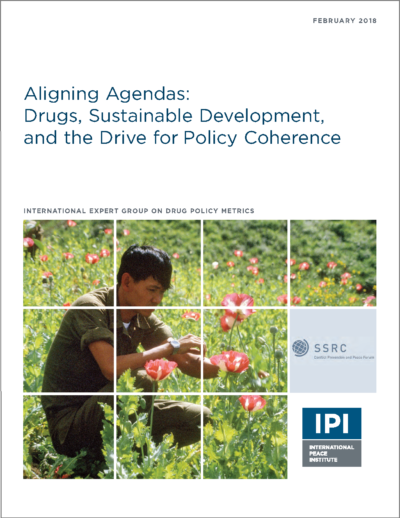
This report makes recommendations to the United Nations, its member states and the drug policy community on aligning the metrics used to measure drug policy impact with the UN’s Sustainable Development Goals (SDGs).
We debated about what the UN can do to introduce human rights in the implementation and monitoring of drug policies during a briefing in Geneva.
The construction of new drug policy indicators could help to achieve the sustainable development agenda. The situation of women incarcerated for drug-related offenses is especially worrisome.
The Buenos Aires provincial police arrested a member of the Canabicultores de Zona Sur cannabis growers group, which produces cannabis for therapeutic use. The arrest occurred at the same time as the Chamber of Deputies was passing a bill to regulate the use of medicinal cannabis, although the wording of the bill does not account for cases like Adriana’s.
Joint statement by the Center for Legal and Social Studies (CELS), the Centro Cultural de la Cooperación (CCC) and the Centro de Estudios de la Cultura Cannábica (CECCa).
“Argentina without drug trafficking” is a paper presented by the national government that summarizes the actions it plans to implement throughout the country.
The global crackdown on drugs has spurred violence akin to war in some Latin American countries. But the world’s historically powerful countries are still reluctant to confront a problem they don’t recognise as their own.
One of the dangers of the new government’s anti-drugs measures is that they enable military intervention in matters of domestic security, a path that once taken, is hard to reverse. By Manuel Tufró and Paula Litvachky.
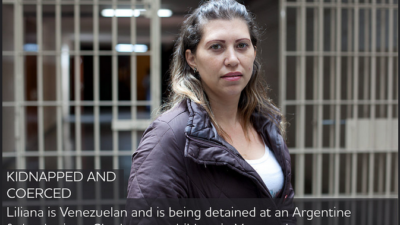
In this photo essay, produced in collaboration with WOLA, Liliana recounts how she was threatened and forced into transporting drugs to Argentina, where she is now being incarcerated far from her two children in Venezuela.
Argentina’s position at the United Nations General Assembly Special Session (UNGASS) on drugs.
Joint statement* ahead of the United Nations General Assembly Special Session (UNGASS) on drugs held April 19 to 21.
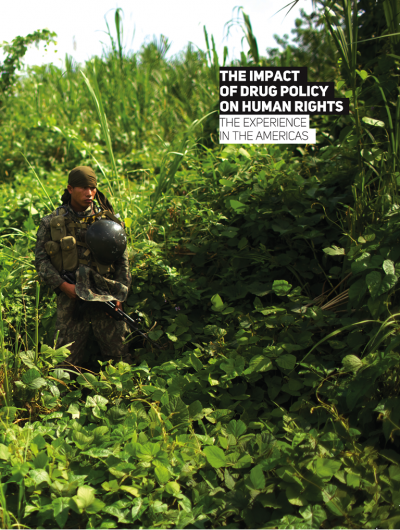
This publication expands on a report regarding drug policy impact on human rights that was produced by organizations from numerous countries in the Americas, and presented at a regional hearing before the Inter-American Commission on Human Rights (IACHR) in March 2014.